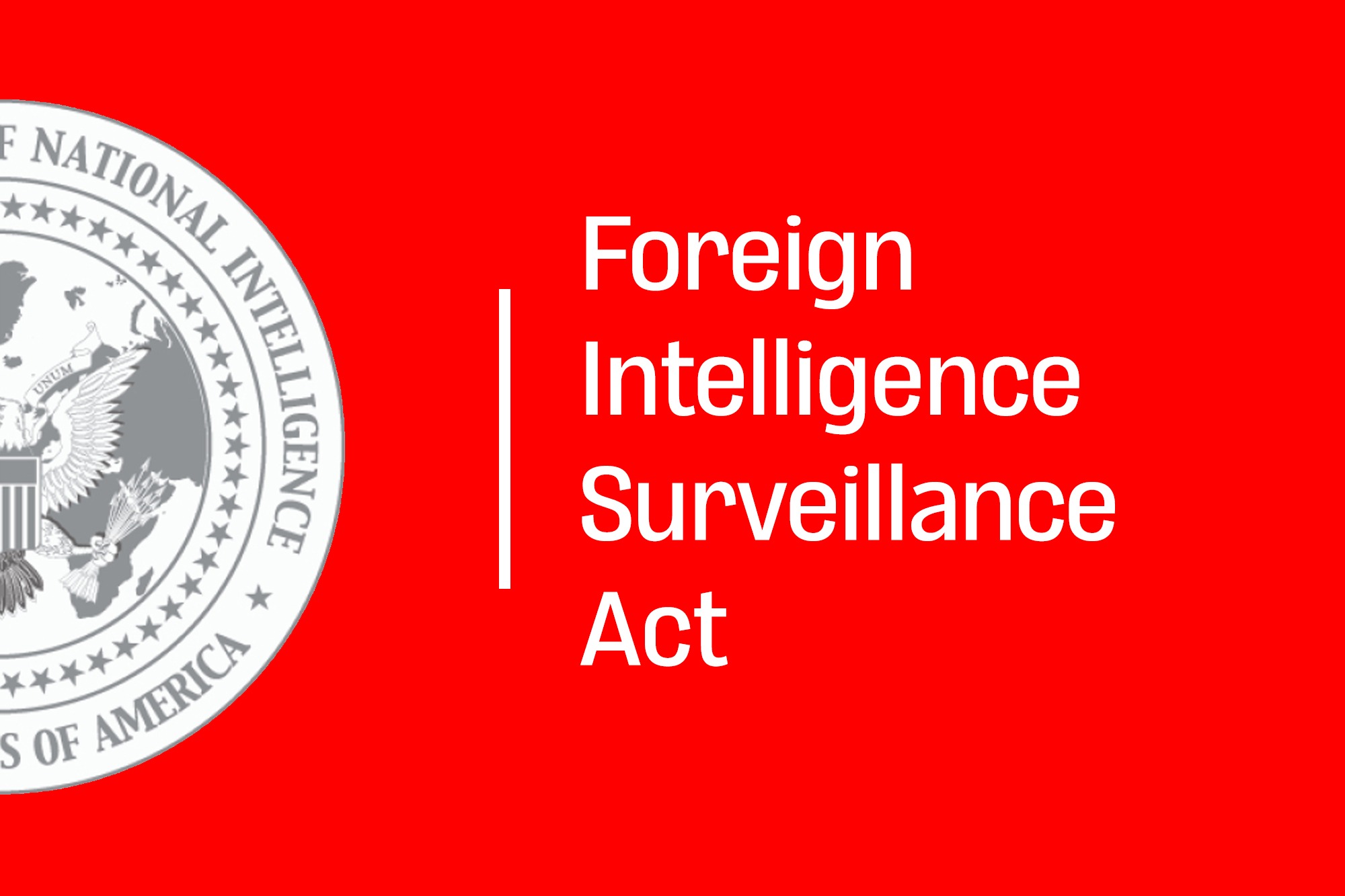As the U.S. Senate’s deadline to act on a crucial surveillance bill looms, pressure mounts to prevent a lapse in Section 702 of the Foreign Intelligence Surveillance Act (FISA), which is scheduled to expire Friday. This section permits warrantless surveillance on foreign targets abroad, a contentious issue that has sparked debate in both chambers of Congress.
Last week, the House passed a bill to reauthorize Section 702, albeit with a contentious provision. While the reauthorization passed, a separate measure to end warrantless surveillance of Americans failed to gain traction.
Despite FISA’s prohibition on targeting Americans directly, concerns linger regarding the collection of communications involving U.S. citizens and foreign surveillance subjects.

Former President Donald Trump’s vocal opposition to FISA, alleging abuse by the FBI during his 2016 campaign, has further complicated matters. The urgency to act is palpable in the Senate, where the first vote on the FISA legislation is slated for Thursday. Senate leaders are urging swift approval, recognizing the stakes involved.
Nevertheless, dissenting voices within the Senate express reservations about the bill. Senator Jon Tester of Montana, echoing concerns about privacy and freedom, rejects the current form of FISA Section 702. Similarly, Senator Mike Lee of Utah advocates for reforms, emphasizing the need for warrants and due process.
Senator Rand Paul of Kentucky calls for robust debate, stressing the gravity of government surveillance without judicial oversight. Meanwhile, Senator Ron Wyden of Oregon highlights the potential expansion of surveillance powers, particularly concerning new data service providers.

During these debates, the Biden administration seeks to allay concerns, asserting that the bill does not broaden surveillance targets. Senate Intelligence Committee Chair Mark Warner emphasizes the importance of FISA in combating terrorism threats, urging timely action to avoid compromising national security.
Senate Minority Leader Mitch McConnell supports the House bill, emphasizing the need to close loopholes that could benefit foreign adversaries. With critical issues like aid for Ukraine and Israel on the table, McConnell argues against allowing vital intelligence capabilities to lapse, framing it as a matter of national responsibility.
As the Senate grapples with the problems of FISA reauthorization, the outcome will shape the future of surveillance practices and civil liberties in the United States.


